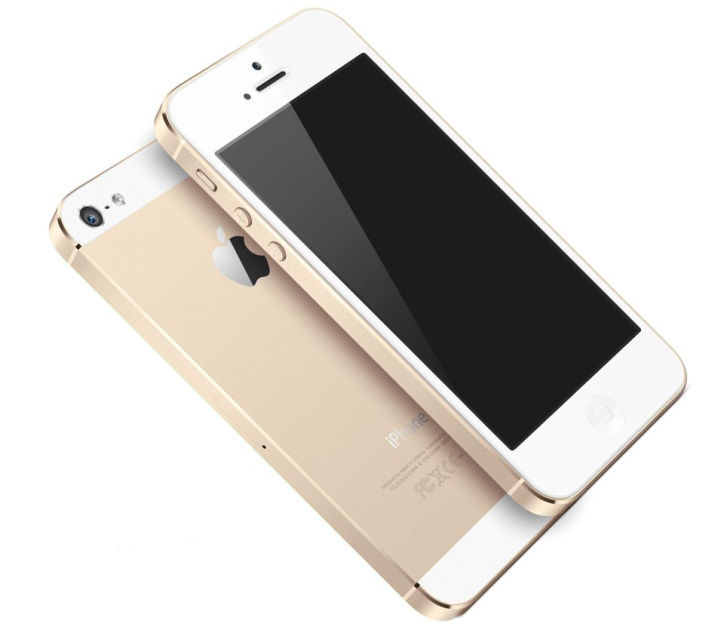As a loyal Apple customer, the iPhone 5 was a disappointing addition to my collection of devices. Despite its sleek design and longer screen, using it felt mundane and uninspiring. The excitement I should have felt when purchasing a new phone after my iPhone 4 was damaged during Hurricane Sandy was absent with the iPhone 5.
While my relationship with the iPhone 5 has been relatively smooth, I find myself growing increasingly dissatisfied with its lackluster performance. As rumors of the iPhone 5S circulate, I am considering selling my current device while it is still at its peak value. Instead of opting for another traditional smartphone as a replacement, I am contemplating making the iPad mini my primary communication device.
My usage patterns reveal that I rarely make phone calls but heavily rely on data-intensive activities such as emailing and social media browsing. This realization has led me to consider transitioning away from a traditional cell phone plan towards a more data-centric approach using an iPad mini.
The idea of living without a smartphone may seem unconventional to some, but advancements in technology are providing alternative solutions for staying connected. With connectivity becoming more ubiquitous through Wi-Fi hotspots and apps like Google Voice and Skype, the need for traditional cell phone plans may become obsolete in the near future.
Exploring new ways of communication through devices like tablets or iPod touches could offer a fresh perspective on how we interact in an increasingly digital world. While going phoneless may seem daunting to some, it presents an opportunity to embrace innovative solutions that align better with our evolving needs and preferences in technology.
In a world where technology is constantly evolving and new smartphones are being released every year, some people may find themselves questioning whether they really need to upgrade to the latest model. For one writer, the iPhone 5 may be their last phone.
The writer explains that they have been a loyal iPhone user for many years and have always enjoyed the sleek design and user-friendly interface of Apple’s smartphones. However, as the years have passed, the writer has come to realize that the constant cycle of upgrading to the newest model is not only costly but also unnecessary.
The iPhone 5, which was released in 2012, may be the last phone that the writer chooses to purchase. They state that the phone still meets all of their needs and functions perfectly, despite being several years old. For the writer, the idea of sticking with a reliable phone that still works well, rather than constantly feeling the need to upgrade to the latest model, is appealing.
In a world where consumerism often dictates that we must have the newest and best products, the writer’s decision to stick with their iPhone 5 may seem unconventional. However, the writer argues that there is value in simplicity and practicality, and that there is no need to constantly chase after the latest technology.
While the iPhone 5 may not have all of the latest features and specifications that newer models boast, for this writer, it may be enough. They have found contentment in their decision to hold onto their current phone and resist the pressure to upgrade, proving that sometimes, less is more when it comes to technology.

